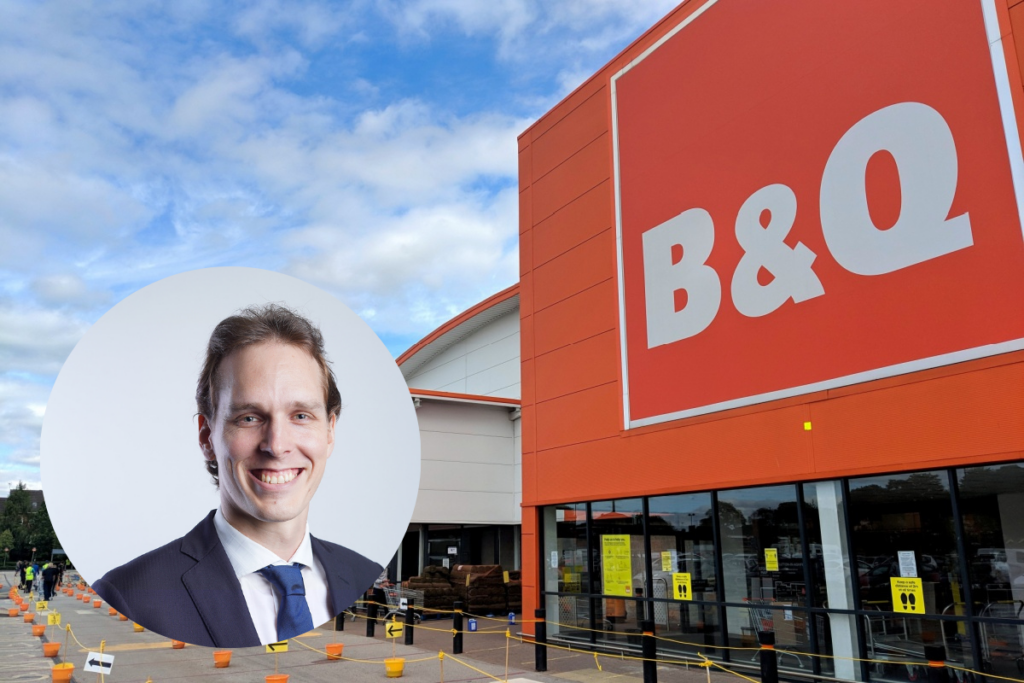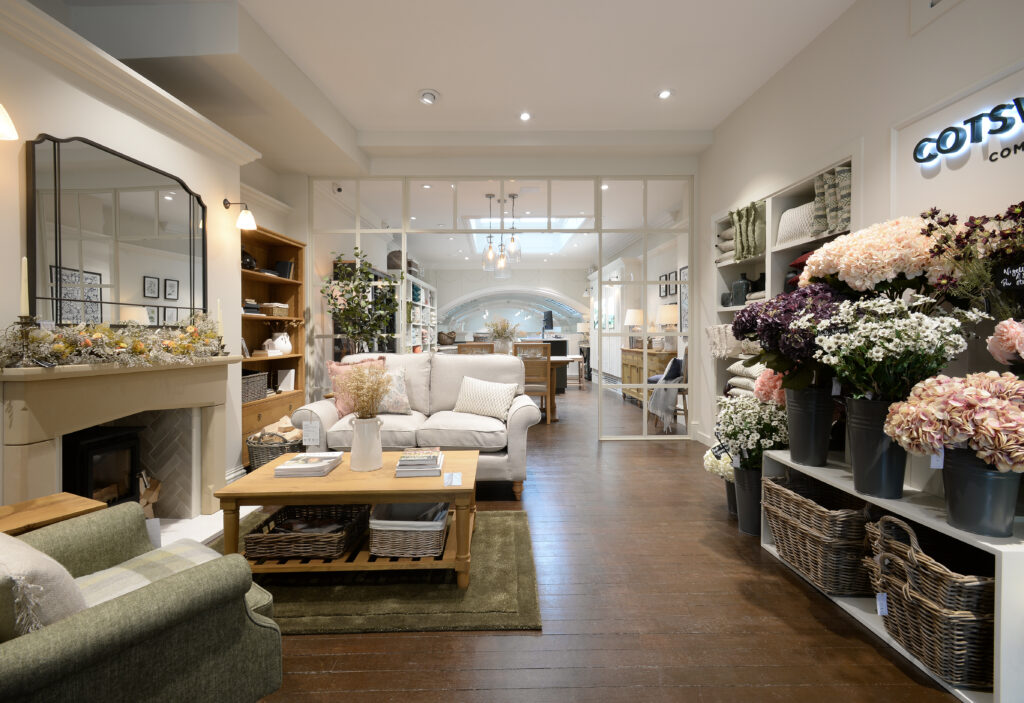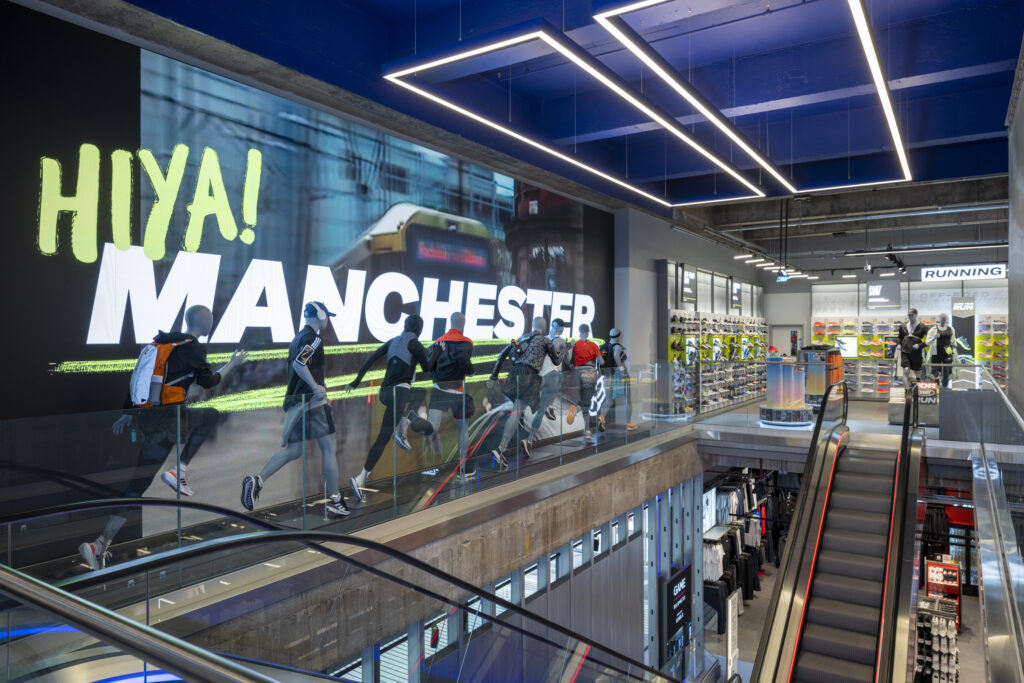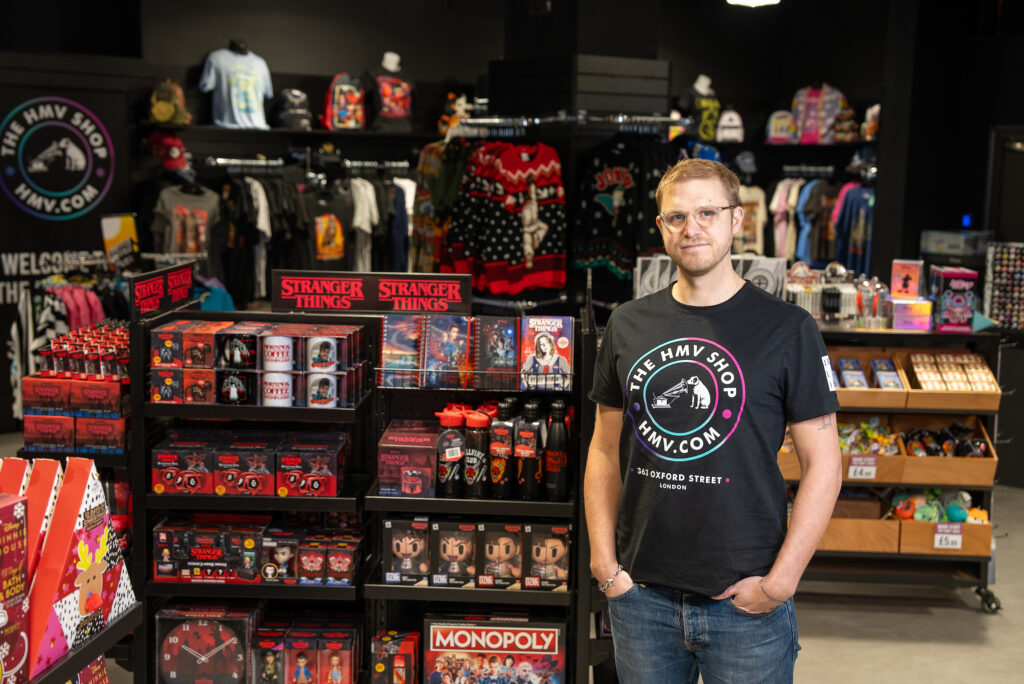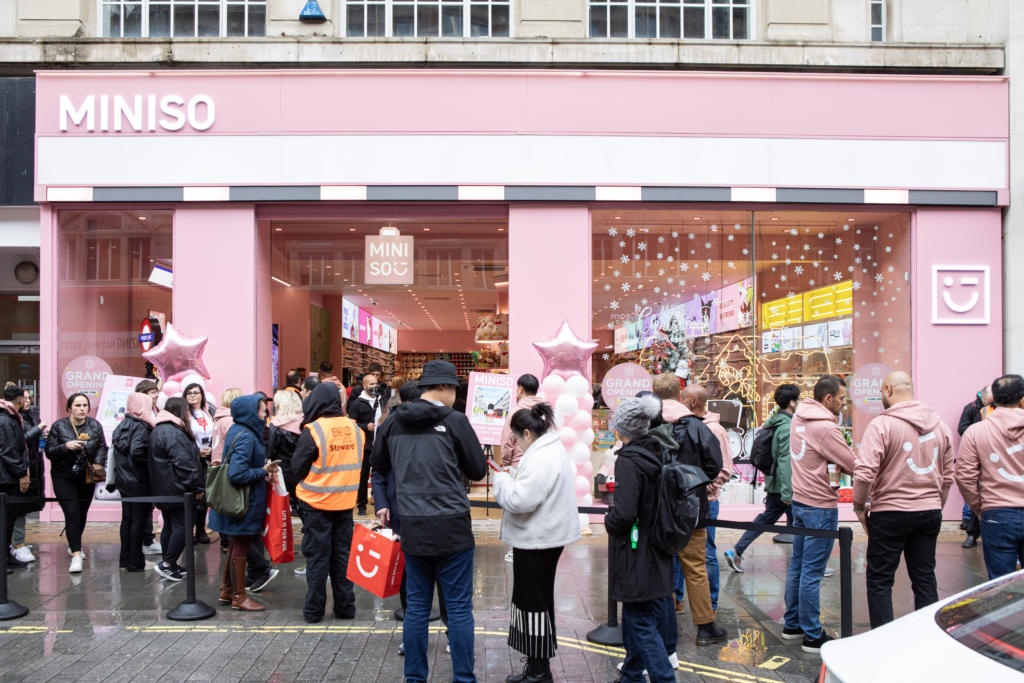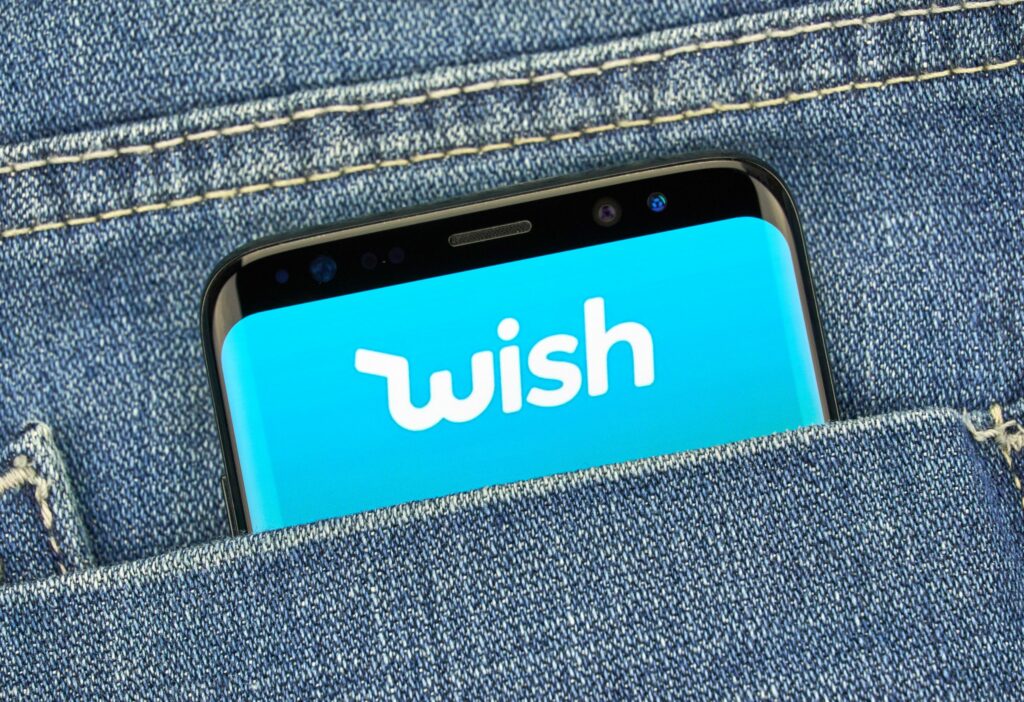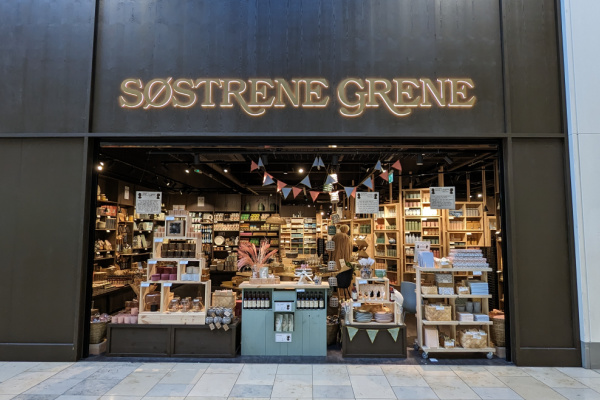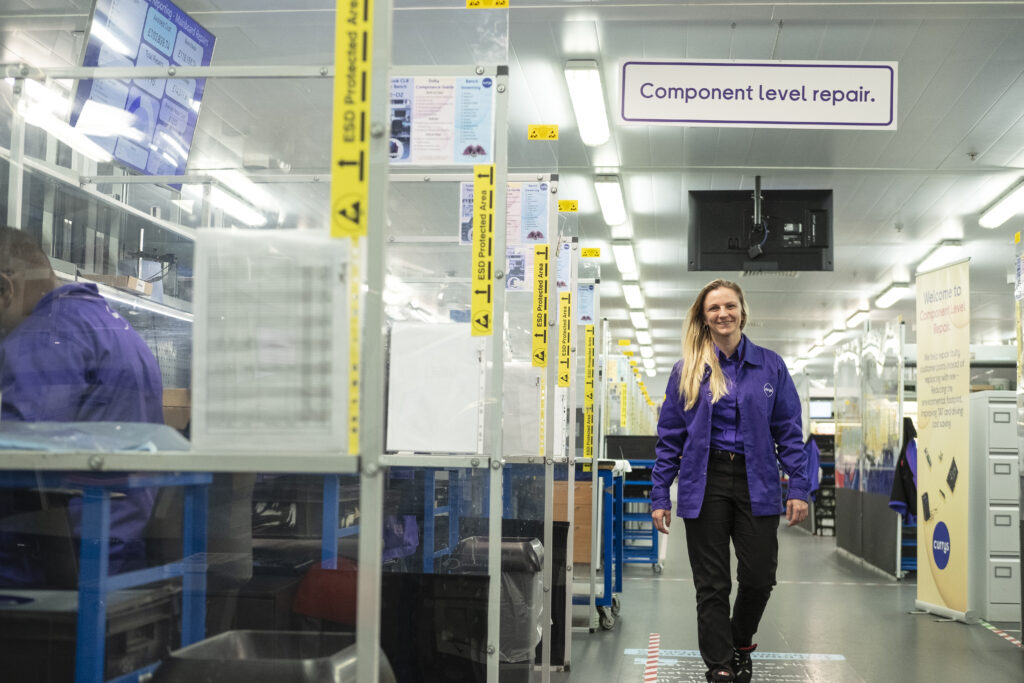Earlier this week on a cold and drizzly evening in central London, crowds of shoppers looked on in anticipation as a host of celebrities turned on Oxford Street’s Christmas lights.
The annual countdown on London’s busiest high street acts as a symbolic starting gun for retail’s most important season. An eight-week frenzy of crowds, festive decorations, sales and in-store events.
First on the calendar for many retailers will be Black Friday, Amazon’s online shopping festival which last year broke all previous records with $3.34 billion (£2.55 billion) in sales. It’s clear why retailers’ attention is so sharply focused on the event, but what’s unclear is why few take its much bigger brother quite as seriously.
Alibaba’s Singles’ Day, also known as 11:11, laughed in the face of Black Friday last year after hitting $17.8 billion (£13.59 billion) in sales.
“At our peak we were processing about 170,000 orders a second,” Alibaba’s UK managing director David Lloyd told Retail Gazette.
“As we look at from the West, we look at it and say well ‘that’s the Alibaba shopping event in China’.
“Yet 37 per cent of customers were purchasing from international brands, there were products on sale from 235 different territories.”
“If we are demonstrating how you shop in China to somebody, we don’t give a presentation or bring out a laptop we just show them our smartphones.”
That means sales made through Alibaba from outside of China were still nearly twice as much as the entirety of Black Friday.
New research released this week from Royal Mail found that 55 per cent of online Chinese shoppers buy British goods, which means the opportunities are undoubtedly huge. Unlike the US, though, China is a very different market to the UK.
One of Alibaba’s and Lloyd’s main objectives is to educate British brands how they can break into the market.
“Our mission is to make it easier to do businesses anywhere,” Lloyd explained.
“What we’re trying to use technology to enable businesses wherever they might be in the world to trade with each other.
“British brands who are more willing and ready to go into sell in China and build their brand in China has accelerated, not slowed down. The willingness for brands to trade across the border is only growing.”
In these uncertain times it has never been more important for retail to tap into this resource, and companies like Alibaba are providing the keys.
This is not just the case because it gives retailers access and knowledge of the market, but because it is a pioneer in developing technologies destined to have an effect on retail around the world.
A key example of this is the adoption of smartphone shopping. Last year 82 per cent of 11:11 purchases were made through mobile, and getting it right is fast becoming as essential in the UK as it is in China.
Mobile adoption in China is prevalent because for most of the country, it is the first and only access to online, meaning online retail has been tailored specifically towards mobile from the get go.
“If we are demonstrating how you shop in China to somebody, we don’t give a presentation or bring out a laptop we just show them our smartphones,” Lloyd explained.
“What we can learn from as British brands and retailers is how consumers engage when they do shop.
“When you have a pretty young audience, which has jumped straight to smartphone where they can shop, chat watch videos and experience unique brand experiences not just about shopping all in one app, you get a level of engagement you don’t always get in the West. I think that is something we can really learn from.
“In the West there’s been a huge drive towards very efficient shopping experiences. So much is about, when I’ve got that person on my website, how do I drive that person towards conversion? How do I make it as easy as possible for them to hit the buy button without being distracted?
“That’s very different in China. They’re more engaging, more exciting, there are more offers to distract you but also to engage you. I think the opportunities brands can have in China allow them to build a deeper relationship.”
It’s not only mobile shopping that Lloyd’s team hopes to shed light on. In fact, it is focusing on ways to move beyond screen time and experience real stores differently.
“I think what we can learn from as British brands and retailers is how consumers engage when they do shop.”
Firstly, it is developing a VR platform called Buy+, which last year saw eight million shoppers virtually tour and shop in America’s largest department store Macy’s.
“We’re very focused on designing those experiences that give people the opportunity to do something they might otherwise not do, and that’s how we’re thinking about VR,” Lloyd said.
“It will become very relevant in the UK, but it will be up to brands and up to technology companies to make sure that those experiences are relevant and give those customers something they really want to do.”
Western tech companies are already exploring the opportunities VR represents for retail, but few have yet provided such a fully realised experience.
https://www.youtube.com/watch?v=-HcKRBKlilg
However, just like the major tech companies in the West, the final frontier is to conquer the world of offline.
“We’re very focused on our customer experiences,” Lloyd said.
“We have really grown our business online. We’re thinking now 15 per cent of commerce and retail in China is done online, how do we enable the remaining 85 per cent.”
Its Hema project has introduced 20 high end grocery stores to various locations in China. Using the Hema app shoppers can purchase goods from home and have them ready and waiting at the checkout, or scan them as they walk around much like Amazon’s Go initiative. Taking this idea even further, customers can even request their ingredients be cooked by instore chefs.
Alibaba’s 11:11 should be reason enough for retailers across the UK to start paying attention to the company, but Lloyd and his team have shown that the opportunities the company are presenting go beyond a single day.
Click here to sign up to Retail Gazette’s free daily email newsletter



